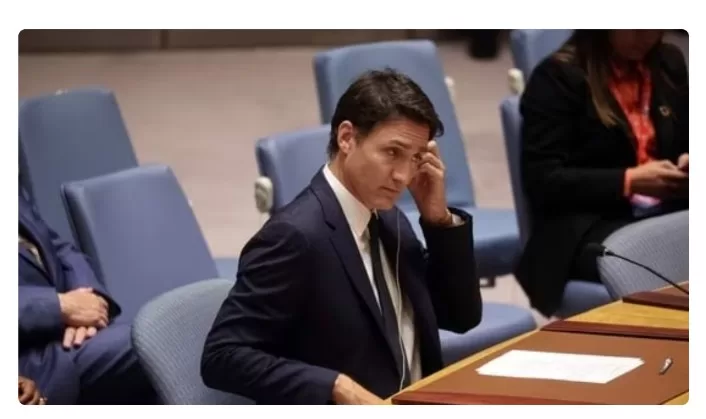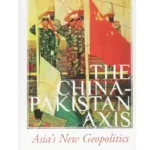Canadian Prime Minister Justin Trudeau, currently under scrutiny for alleging India’s involvement in the killing of Khalistani terrorist Hardeep Singh Nijjar, appears to be losing favor among Canadian voters, as indicated by a recent poll.
An Ipsos survey reveals that 40 percent of Canadians prefer opposition leader Pierre Poilievre, a Conservative, to assume the role of Prime Minister. According to the poll, if elections were held today, Poilievre’s Conservative party would secure 39 percent of the votes. Trudeau, who was elected in 2015 and leads the Liberal Party, would garner only 30 percent of the votes, as reported by Canada’s Global News.
The poll indicates that the Conservatives would form a majority government, displacing Trudeau’s Liberal minority administration if an election were held presently. Canada’s next election is slated for the fall of 2025.
In an interesting turn, a separate survey conducted in July determined that Trudeau was the least popular Prime Minister in Canada in over half a century. Notably, Trudeau’s father, Pierre Trudeau, who served as Prime Minister from 1968 to 1979 and from 1980 to 1984, enjoyed significant popularity among Canadian voters, according to CTV News.
Should Trudeau be concerned? These latest poll results raise concerns for Trudeau, who has been criticized for his allegedly soft stance and reluctance to take action against Khalistani elements, often characterizing such actions as “freedom of expression.”
Trudeau’s subdued visit to India included a tense meeting with Prime Minister Narendra Modi during the G20 Summit in Delhi earlier this month. PM Modi expressed concerns to Trudeau about “extremist groups” involved in “anti-India activities” in Canada, alluding to the increased Khalistani activities in the country in recent months.
Despite these concerns, Trudeau remained unwavering, emphasizing the importance of “freedom of expression.” Notably, on the same day Trudeau met with PM Modi, a so-called Khalistan referendum was conducted in Surrey, British Columbia.
Presently, the Liberals, led by Trudeau, share power with the New Democratic Party (NDP) under the leadership of Indian-origin legislator Jagmeet Singh, who has been associated with Khalistani sympathies. The NDP has agreed to support the government on confidence matters until the next election in the fall of 2025.
Canadian Sikhs Support Trudeau: Trudeau’s comments, while angering India, have resonated with the Canadian Sikh community, particularly in Surrey, British Columbia, known as a hotbed of Khalistani activities. The Sikh community, the largest outside of India, has hailed Trudeau as a “hero” for vocalizing their concerns amid rising safety issues.
The diplomatic standoff between India and Canada: Recently, Trudeau alleged a “potential link” between “agents of the Indian government” and the killing of Hardeep Singh Nijjar, a claim that India vehemently rejected as “absurd” and “motivated.” As a response, India expelled a senior Canadian diplomat, mirroring Ottawa’s expulsion of an Indian official over the case.
Nijjar, a wanted terrorist in India, was assassinated by unidentified gunmen outside a gurdwara in Surrey on June 18. He was the leader of the Khalistan Tiger Force (KTF).
India has suspended visa services for Canadians as diplomatic tensions over Nijjar’s killing have strained bilateral relations to an unprecedented low.







